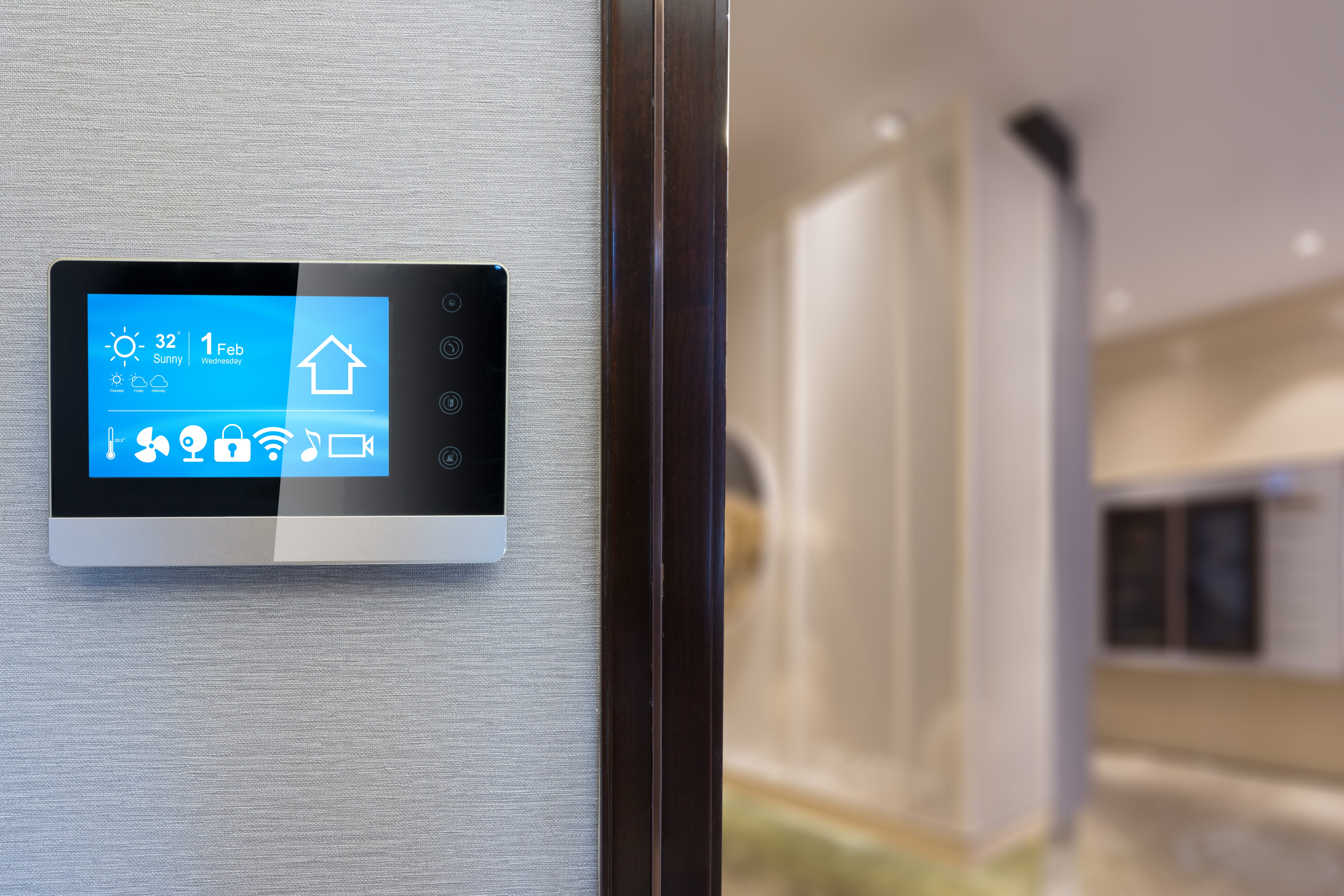Whether heating leftovers or quickly thawing an ingredient for your dinner recipe, you likely use a microwave multiple times throughout an average week, if not daily. These small appliances are convenient and easy to use, but did you know they are also incredibly energy-efficient?
Beyond reducing your environmental footprint and energy bills, cooking with a microwave has numerous other benefits—and some disadvantages. Let’s look at the pros and cons of cooking in a microwave and address common questions about this household appliance.
{{CTA-Plans}}
The Benefits of Microwaves
Microwaves use significantly less energy than other kitchen cooking appliances. Even better, they don’t retain or add heat to your home, helping you control energy usage and limiting your electricity costs from cooking.
Thanks to advances in technology, you can purchase an even more energy-efficient microwave by looking for the ENERGY STAR® label on products. Some smart microwave ovens can help with home automation, allowing you to use voice commands to cook food easily without pressing a button.
In addition to their energy efficiency, microwaves are a much faster way to cook food than conventional ovens. The uses of microwaves range from quickly reheating leftovers to cooking entire meals. Their convenience can help you prepare delicious meals in much less time, whether cooking all your dishes in the microwave or using the appliance to assist larger cooking projects with the oven or stovetop.
The effects of microwaved food are also far from negative. If you’re trying to eat healthy, food cooked in the microwave retains more nutrients than food cooked on a stovetop or in an oven.
Microwaves can also help thaw ingredients for larger recipes and ensure that food doesn’t burn, meaning you don’t have to stand near the microwave and keep an eye on it like you do with an oven.
A microwave also takes up significantly less space, easily fitting on a countertop or kitchen island. These appliances don’t get hot to the touch, making them safe for almost anyone to use. And on the rare occasions when they make a bit of a mess, a quick wipe easily cleans the interior for the next meal.
Here are a few more advantages of microwave cooking over using conventional ovens or stovetops:
- More evenly heats food
- Uses less energy than a stove or oven
- Turns off automatically when finished cooking
- Offers more control in preparing food
- Requires no preheating time
The Disadvantages of Microwaves
Not all dishes and utensils are microwave safe. Many common storage containers are plastic, which can leach toxic chemicals into food when heated. Always make sure a dish is approved for microwave use before using it to heat anything. Even when using a microwave-safe dish, be careful removing it as the dish can become hot, even if the inside of the appliance remains cool.
Cooking with a microwave is also not convenient for preparing large portions, so for big families, ovens remain a safe bet. Many dishes also can’t be prepared solely in a microwave and require the oven or stovetop to complete.
FAQs About Cooking in a Microwave
While most people have microwaves in their kitchens, you may not know much about this convenient appliance. Below are some of the most asked questions about microwaves.
How do microwaves work?
Microwaves use short wavelength electromagnetic waves at a high frequency to vibrate the water molecules in food. As the water molecules vibrate, they get hot, and this heat helps to cook the food in the microwave.
Why don’t microwaves get hot when they cook?
You may have noticed that microwaves heat food but stay cool themselves. This is because, unlike a conventional oven, a microwave doesn’t simply use heat to cook food. Instead, it uses a specific frequency of electromagnetic radiation. But don’t let the word “radiation” scare you! Electromagnetic radiation is not the same as nuclear radiation, and it’s safe to cook with and even helps food retain more nutrients than when meals are cooked on a stove.
Are microwaves safe to use?
Yes. Microwaves give off a safe amount of radiation, and it’s not the same type of radiation that is dangerous to your health. Most electronic devices, including a conventional oven, give off the same level of radiation.
How often should I clean my microwave?
Take time to wipe down your microwave at least once a week to keep it clean and working properly. Of course, if you notice an obvious spill or splatter, clean it immediately before it hardens and takes extra elbow grease to remove. Use a soft rag or cloth with surface cleaner to clean the inside of your microwave and then wipe everything down with a dry cloth for a clean polish.
What containers are not safe for use in the microwave?
Never use metal containers in the microwave. Metal conducts heat and can cause sparks or even a fire in your microwave.
You should also avoid using plastic containers in the microwave. Bisphenol A (BPA) is a chemical commonly used in many plastics and epoxy resins, and it’s known to have negative health effects on infants and children. BPA can leach into food from the coatings of plastic containers when heated, so always keep these plastics out of the microwave.
PVC plastics can also leach toxic chemicals when heated. The longer and more frequently a plastic container is used in the microwave, the more chemicals it releases. While you can safely use some plastic containers in the microwave for a limited time, it’s best to avoid these containers and stick with safer ceramic or glass options.
Gexa Energy provides (Texas) homeowners with 100% renewable plans from environmentally friendly renewable sources. Contact us today to explore your options for electricity service.






































